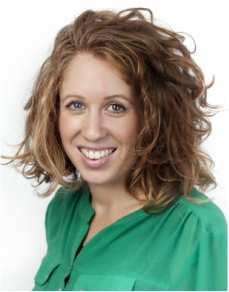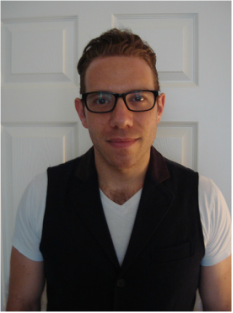Dr Emily Ollman-Hirt, CPsychol, HCPC, BPS, UKCP
Emily is a qualified Integrative Psychotherapist, accredited with the United Kingdom Council of Psychotherapists (UKCP). Emily has also completed a professional doctorate in Counselling Psychology at the Metanoia Institute, West London. Emily is a member of the British Psychological Society and Health and Care Professionals Council, and abides by their code of ethics.
Emily has worked in the Mental Health field for the past twelve years, including seven years experience with the NHS. She currently works in private practice, currently via Zoom only. At this time her therapy work mainly includes work with adults experiencing depression, anxiety, relational difficulties,, relationship break-downs and overcoming past traumas including childhood trauma. Emily sees both individual clients and couples in her practice. Emily also specialises in therapeutic work with parents or parents-to-be including those who are undergoing/have been through infertility treatments, or have experienced pregnancy loss and baby loss. Emily also specialises in therapy for birth trauma. Due to a broad training background, Emily has grounding in various different approaches, which allows her to be flexible in how she works with each individual: "I try to listen to the therapeutic goals of the client before deciding upon what sort of approach might 'fit'. Sometimes a client may be unsure what their immediate goals for therapy are, which would lead me to consider having a more open, explorative stance in the therapy. At other times, I might use a more cognitive behavioural (CBT) approach to support someone to actualise behavioural changes in their life. I believe that an understanding of a person's past relationships is extremely important in order to help them understand their current difficulties, and I see therapy as a way of detangling oneself from old, painful relational habits. I try and work with transparency, which involves being clear about how therapy works and how we will measure when you have achieved your goals." Emily is an associate clinician of Parenthood in Mind, a perinatal psychology service. She also belongs to a psychotherapy consortium called Iasis Psychotherapy. |
Sam Ollman, BACP, UKCP
Sam is a Family and Systemic Psychotherapist registered with the UKCP. Sam is also qualified and registered under the BACP as a psychodynamic counsellor. This means that he is able to work therapeutically with individuals, couples, families and children.
Sam is a registered member of the British Association of Counsellors and Psychotherapists and abides by their code of ethics and is also a member of the Association of Family Therapists. Sam has worked in the Mental Health field for the past eight years; he works in the NHS in a Child and Adolescent Mental Health Service (CAMHS) in Enfield providing family therapy. Sam has experience of working with children and families from a diverse range of backgrounds and across all ages. Sam has experience working in a variety of settings. Currently his work takes place in a secondary school, CAMHS clinic and a 'Looked after Children Service' where therapeutic support is provided to fostered children and foster carers. Sam also currently works for the Everyman Project providing both individual and group counselling to perpetrators of domestic violence and abuse. “I am well aware just how big a step seeking out therapy can be and that it takes a lot of courage to make that initial contact. I endeavour to provide a safe and containing space for children families and individuals to be able to reflect on themselves and their lives. I hope that I allow for therapy to be experienced as a friendly and non-judgemental process and that exploration of a client’s issues takes place as a collaborative process at a speed which feels both flexible and appropriate for the client. Since I have a psychodynamic training underpinning my practice I believe that one’s childhood plays a pivotal role in creating who we are today. However, I also believe that this can’t be looked at in isolation and that it’s necessary to look at one’s current relationships too to gain an accurate picture of how one defines oneself by their relationships and the communication within these relationships.” |
